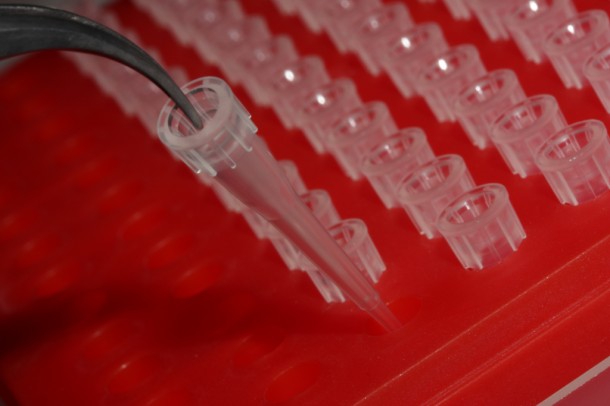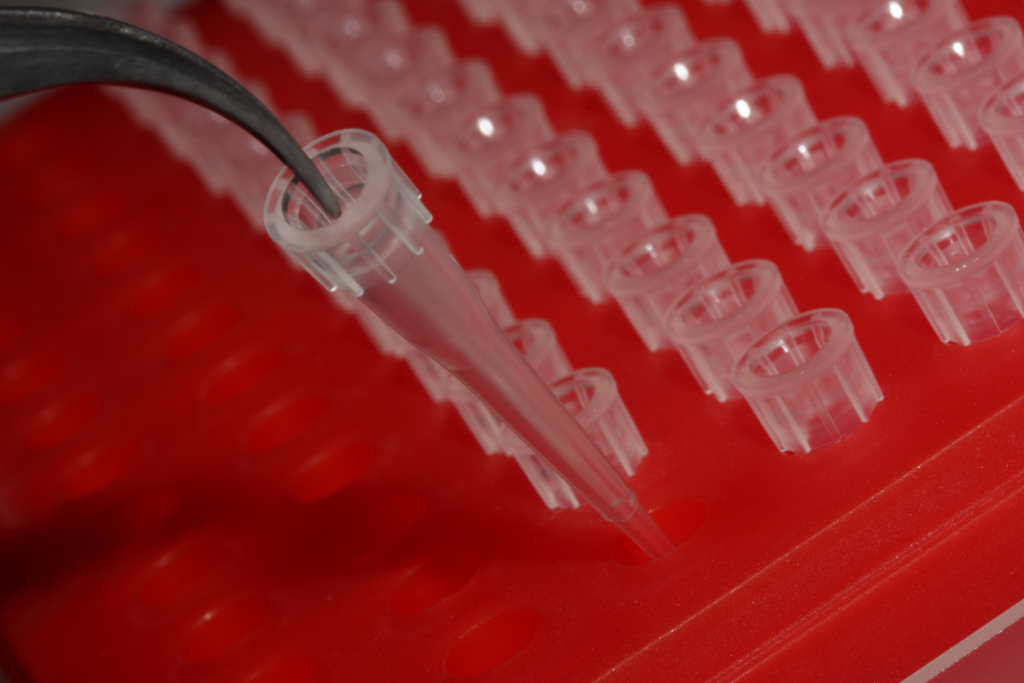
Technology is a massive part of modern life. Technological gadgets and tools undoubtedly make our life easier, from providing satellite navigation that is accessible from the driver’s seat in cars, to handheld computers small enough to slip into a pocket.
Technology is also important in industry. Manufacturing relies heavily on modern technology to streamline production, improve safety and keep costs down. A century ago factories were full of people working on production lines, but today a large number of tasks have been replaced by computers and automated systems.
How does technology help the biotech industry?
Biotech giants cannot afford to ignore the benefits of modern technology. Technology can help them analyse products and draw valuable insights from big data sets. Technology can also help researchers monitor patients taking those products, which in the long term will help them to develop more precise treatments and improve the outcome of research and development strategies.
Laboratory technology
The integration of laboratory automation fuels research technology is just one of the ways in which research laboratories can automate extremely complex applications and protocols, which is essential in biotech research. There are technologies available to help researchers with microplate handling and liquid handling, both of which reduce the likelihood of human error creeping in.
Mobile technology
The use of mobile technology has really taken off in the last few years, so it should be no great surprise to learn that mobile technology is just as important in the biotech industry as it is everywhere else. Sophisticated apps can be used to monitor patients and track their health in real time. This is especially useful during drugs trials when 24/7 monitoring is not necessarily practical.
Smart Packaging
It can be hard to persuade patients to take their medications correctly, so a new type of so-called ‘smart packaging’ has been developed to help monitor how patients are following their medication programme. Blister packs have been devised that contain a RFID microchips. This prompts the patient to record health information when they take their medication. There is even a ‘smart pill’ available that upon ingestion can transmit data about health and doses taken.
Of course, there are still roles where human input is necessary and technology can’t ever replace man completely. No matter how sophisticated technology becomes, it should always be seen as a useful tool rather than something that is capable of taking over our life. Indeed, science fiction writers have spent a lot of time coming up with scary ‘rise of the machines’ types of scenario whereby technology and artificial intelligence takes over the world. Luckily for us, this is unlikely to happen any time soon.
Photograph by Sergei Golyshev

